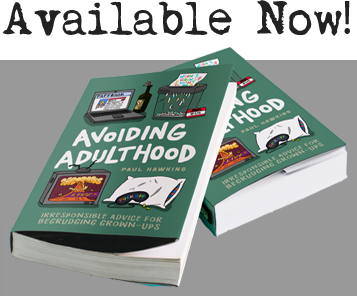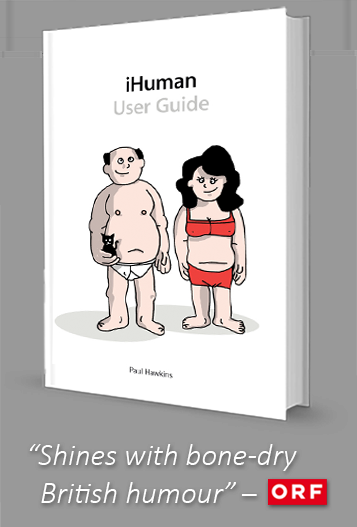
How to be an Adult: Writing a CV
A short autobiography in the language of lies…
In order to get a job, you must first write a CV. In this document, you will describe how great you are at everything, why you are the only human alive who could do the job you are applying for, and how everything you have ever done in your entire life was leading up to the one single moment when you applied for this job. It was fate. It was destiny. Look at that 2-week internship you did in the summer of 2009. You are The One. Luckily, the relationship between the words on your CV and reality should be roughly akin to the relationship between the packaging of a ‘luxury microwave burger’ and its contents. In other words, it doesn’t matter if your employment history seems mediocre or unimpressive, you just need to jazz it up with a little bit of advertising. Be creative with the truth. Be flexible with your language. Even if you are only the employment equivalent of some hot, bad ham in a wet, bad bun, your CV should delicately market you as a ‘gourmet, formerly-living ground-beef patty nestled betwix an enchanting coupling of time-moistened, dough-risen circle-breads.’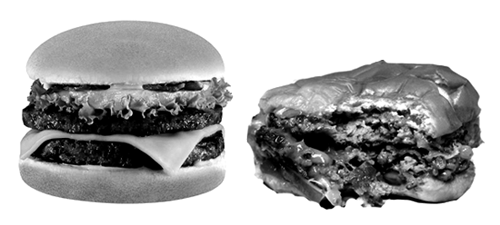
We all know who you are
1. Personal Statement
This section is where you introduce yourself to the employer. It should describe who you are as a person, what’s important to you, how you define yourself, what motivates you, inspires you, drives you, what you want to achieve in life, who you want to become, how you plan to grow within the role, your passions, your goals, your hopes, your dreams. This should be a maximum of one sentence.2. Education
This is the section where you should list all of your previous school accomplishments. Generally, these should be restricted to hard facts like exam results and qualifications, and should not include more anecdotal highlights such as the time you successfully locked two teachers in the same book cupboard.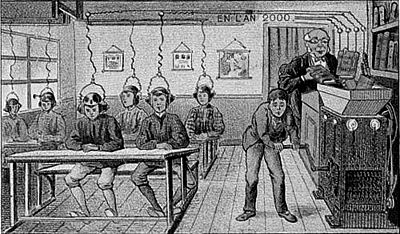
Which subjects did you absorb?
3. Experience
This should be a list of all your previous jobs to prove you have the skills and experience to do a job. Unfortunately for you, the first time you write a CV, you’re not going to have the skills and experience to do a job, because, well, you’ve never had a job. Luckily, there are lots of jobs out there for people who’ve never had a job. These are called shit jobs. Generally, the skills and experience required for these positions are so low down evolution’s ladder that your first CV should be good enough as long as you don’t actively misspell your own name or hand it in wet.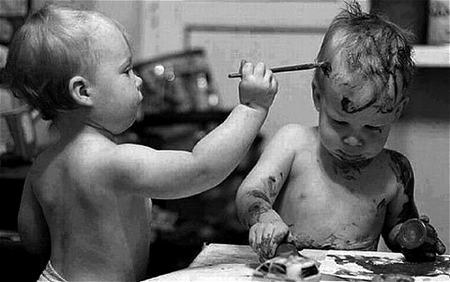
Writing your first CV
- Waste Management and Disposal Technician = Binman
- Wet Leisure Assistant = Lifeguard
- Barista and Baguetteria Artist = Coffee and Sandwich Human
- Media and Communications Resource Implementation Strategist = Twat
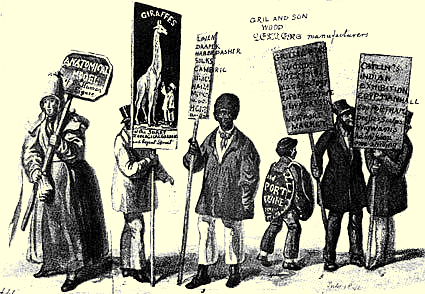
Front-line Brand & Customer Interface Team
4. Key Skills
In this section, you should try to charm your potential employer with your driving license, computer proficiency, and any other bonus skills that you might be able to whip out around the office on a slow day, like the ability to juggle fax machines or tackle a rogue customer. Please note: some key skills will be implied, such as the ability to read, write, blink, and sit on a chair without hurting yourself. Save these key skills for the interview.5. Interests
Remember, while the company obviously has a specific problem that it needs you to solve, you must not only be a set of Required Skills in a human-shaped bag, but a ‘team player.’ Potentially, the person hiring you may also be a person who has to spend 40 hours of their week with you in close proximity. Personality is also going to be important. (As is personal hygiene, incidentally, which is why you shouldn’t hand in your CV having just used it to wipe old yoghurt off your leg…) In this section, then, you should try to make the case that you are a well-rounded individual with good health. You’ll want to imply that your body is not going to collapse on the first day of work, that you do not go home from the office then stare at a wall until morning, and that you have the bare minimum of social skills to interact with your co-workers. A good template, then, is: ‘I like [physical activity] + [hobby] + [social activity].’- Good example: I like [kung-fu] + [fishing] + [dancing salsa].
- Bad example: I like [fishing] + [explosives] + [fishing].
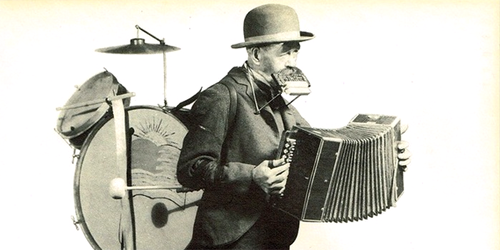
A hobby
- … going to the gym’ = “I am happy to do repetitive, thankless tasks in an indoor environment. I will try to remain roughly the same shape for the duration of my employment.”
- … socialising with friends’ = “I am a human being, not a cabbage.”
- … reading’ = “my brain is used to receiving and processing knowledge. I can be trained and/or possibly promoted. Warning: I may occasionally have an unauthorised opinion.”
- … making jokes!’ = “I am fun and/or wacky and/or unbearable.”
- … freelancing/freedom/happiness’ – “I have misunderstood your advertisement.”
6. References
This is a brief appendix, where you should write the names of a couple of relatively friendly people who can be contacted to confirm, a.) that you exist, b.) that they remember that you exist, c.) that your existence did not directly lead to the collapse of any large financial institutions.7. Contact Details
This section is perhaps the most important. If you write the best CV if in the world but do not put your phone number or address on it, you will not, in fact, be applying for a job, but elaborately giving someone a sheet of paper. As previously mentioned, your name and address should be spelled with minimal mistakes, and all of the numbers in your phone number should be the numbers in your phone number, arranged in the same order.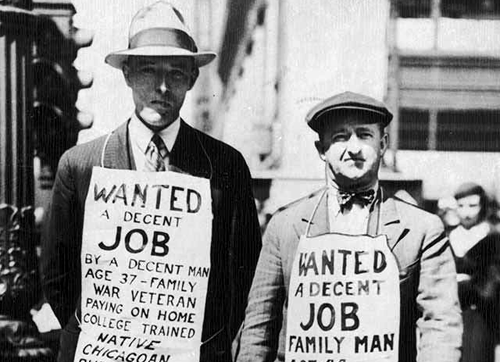
Alternatively, you could wear it like these great depressives



